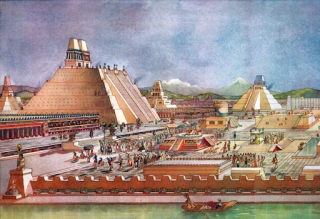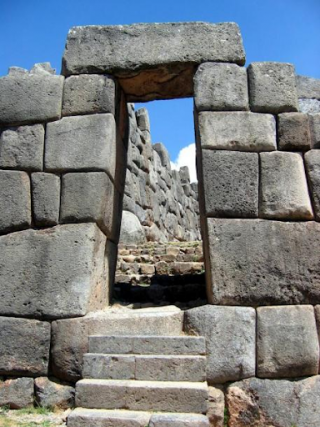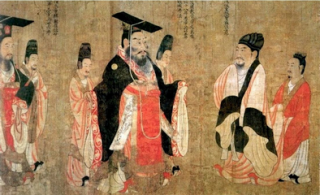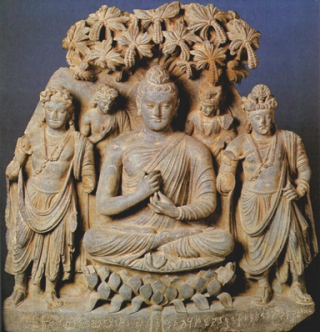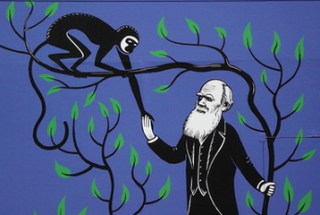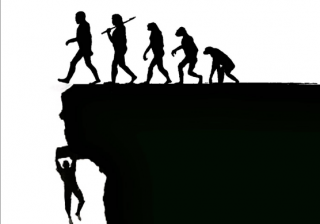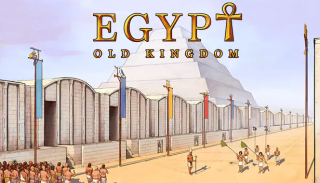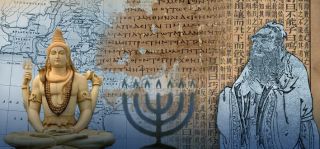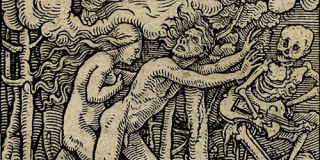About me...
I have been a lawyer for some 40 years. Now retired, I have the opportunity of indulging my fascination in all things to do with ancient history and the cultural evolution of mankind. Although an amateur, these are compelling subjects (well to me) which have been undergoing considerable re-appraisal in recent years.
My talks range from the development and the cultural evolution of early man to the Maya and Aztecs of Ancient Mexico and the Incas of Peru, areas that I have visited extensively. More recently I have been focusing on early culture in Ancient China, India, Egypt and Mesopotamia and in particular looking at early religions in these regions.
About my Talks...
Usually my talks are about an hour or so (and I do relish Questions). I have power-point presentations although I am quite happy to give a talk without any visual content (for some of the talks it can be less distracting!). In my talks I try to show some relevance that the subject of the talk has to the present day. There is invariably some degree of continuity and connection. If it is felt that your group might be interested in gaining some historical or cultural perspective in a subject not that close to home either in time or space, please do get in touch.
Fee:
My fee is £50 within ten miles of my home in Poole, Dorset. Travelling expenses of 40 pence a mile for a venues further afield. I am quite happy to travel.




